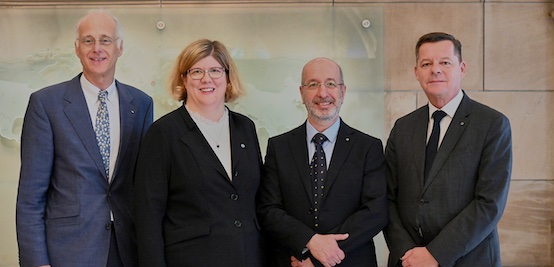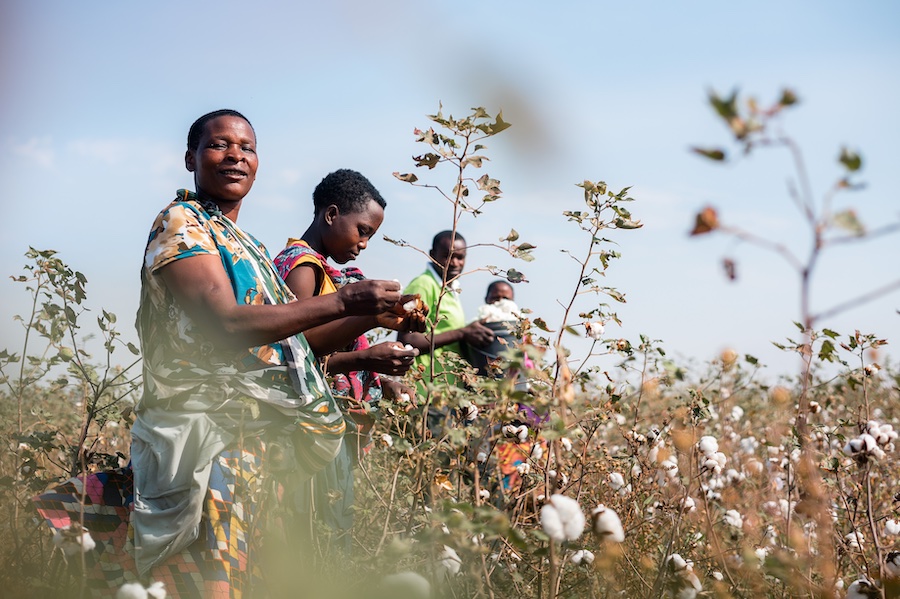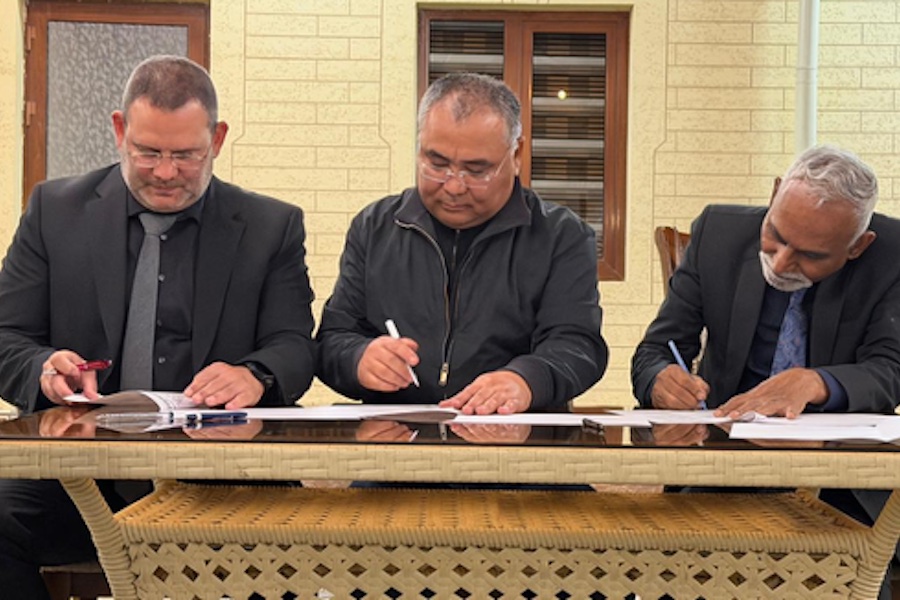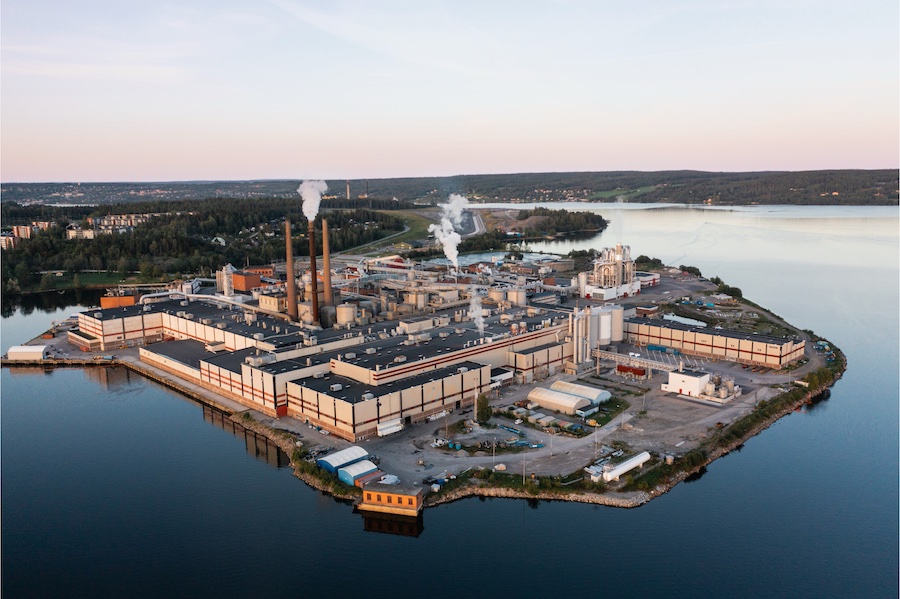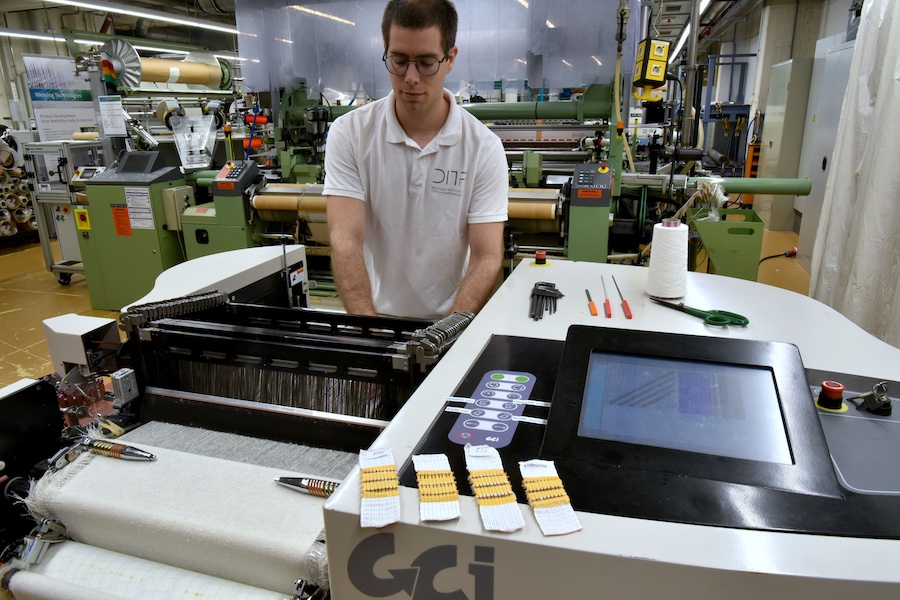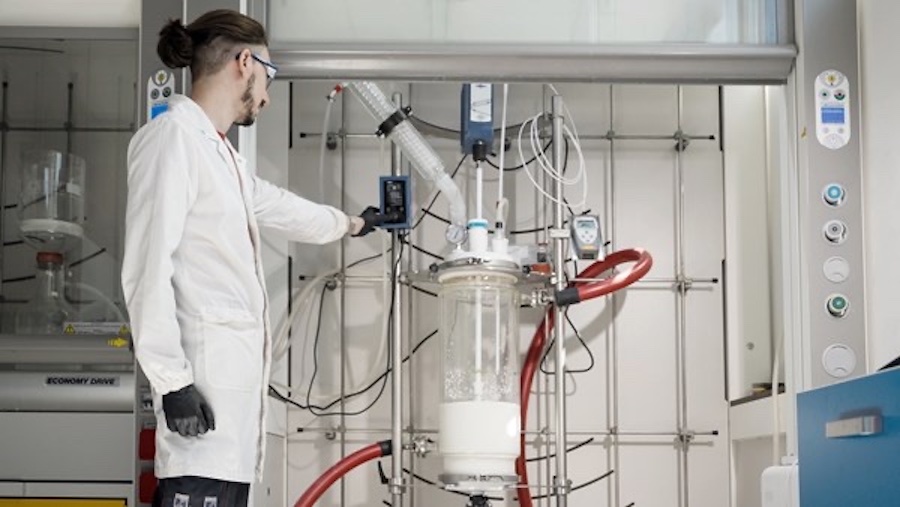#Raw Materials
World Cotton Day 2024
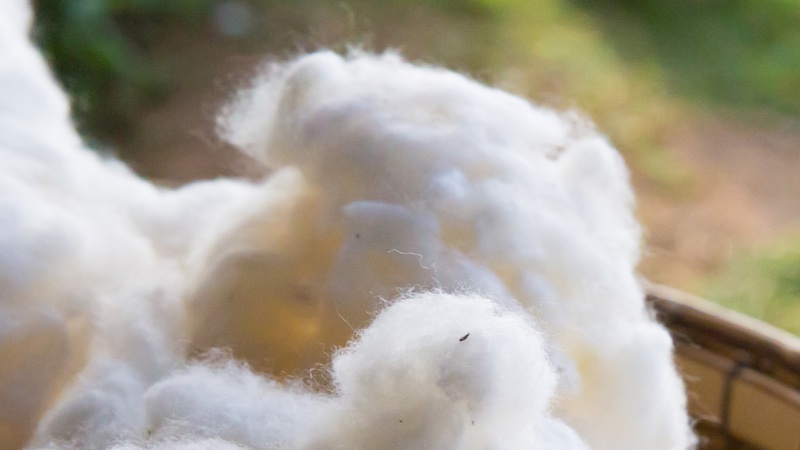
This year, the day will be organised by the West African country of Benin. The aim is to raise awareness of the benefits of this natural resource and its potential for global economic development.
World Cotton Day was first launched in 2019 at the headquarters of the World Trade Organisation (WTO) in Geneva, together with four other founding organisations, the International Cotton Advisory Committee (ICAC), the International Trade Centre (ITC), the United Nations Food and Agriculture Organisation (FAO) and the United Nations Conference on Trade and Development (UNCTAD). The Bremen Cotton Exchange also regularly participates in World Cotton Day.
The motto of World Cotton Day is ‘Cotton for good’. International events aim to focus attention on the economic importance of cotton and the achievements of the people working in the global cotton and textile industry.
This year, more than 400 stakeholders from the global cotton community will come together in Benin to discuss the many advantages of cotton and its development potential. This year’s themes will include regenerative farming and how to promote biodiversity, the role of women (who make up almost half of the world’s cotton farmers) in cotton production, and the competitiveness of African smallholders.
Cotton – more than just a T-shirt
Cotton accounts for the largest share of all natural fibres. It is used daily not just for clothing and home textiles, but also for the production of technical textiles such as filter materials and composites, and in the manufacture of ropes, nets and insulating materials, as well as in medical products. In addition, the cotton seed kernels are processed to make cottonseed oil and flour, which are used in the food, cosmetics and animal feed industries. In the paper industry, the raw material is used to improve counterfeit protection in the production of banknotes.
Cotton nourishes
As a crop, cotton represents an important livelihood for millions of small farmers and their families, providing employment and income. In some of the least developed countries in the world, it helps to alleviate poverty and offers people stable and decent jobs. The ICAC estimates that each ton of cotton fibre provides a year-round income for around five people.
Cotton is kind to the environment
While it grows, cotton binds and removes carbon from the atmosphere. Unlike synthetic alternatives, cotton does not pollute our oceans as it is biodegradable. As a crop that tolerates drought, it can also grow in places where no other crop can thrive.
Cotton is driving industrialisation in Africa
As the driving force behind World Cotton Day, the Cotton Four countries are among the leading cotton producers in Africa. The contribution that cotton production makes to their respective gross domestic products and the share of cotton exports in total agricultural export revenues are among the highest in the world. The cotton industry is a central pillar of economic and social development in Benin, Burkina Faso, Chad and Mali. Cotton farming is a key sector for economic development and poverty alleviation, especially for their rural communities.
The governments of the Cotton Four countries have taken measures to strengthen the cotton sector. This includes aid for the procurement of seed and fertiliser as well as investments in the modernisation of agriculture. In the long term, the cotton sector is expected to benefit from further government investment and international partnerships, and industrialisation is expected to succeed.
Supported by the United Nations Industrial Development Organisation (UNIDO) and the World Trade Organisation (WTO), local value creation in the cotton sector is expected to promote the development and growth of a comprehensive and sustainable textile industry. The aim is to promote the development and expansion of fair and sustainable local cotton processing and thus support secure jobs and economic development in the regions.



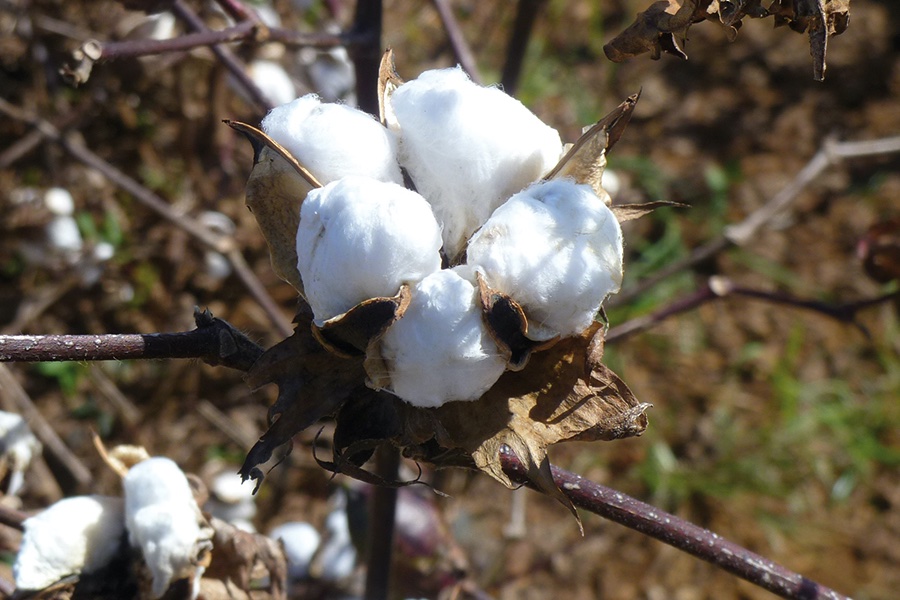
canva-900-1.jpg)
